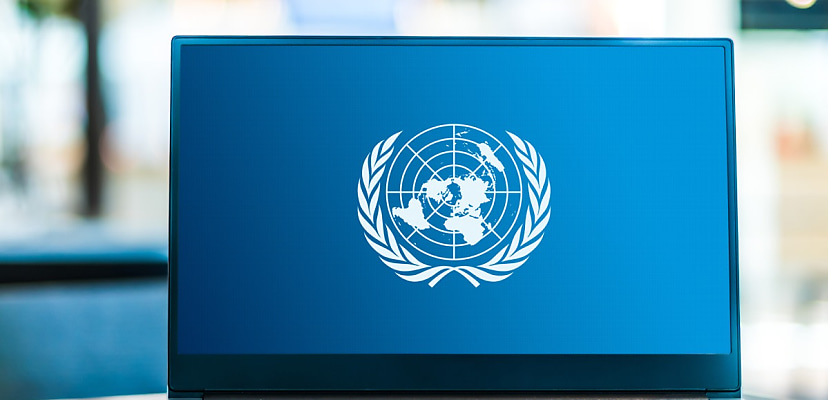The new cyber security treaty, led by the UN Office on Drugs and Crime (UNODC), specifically covers ransomware, trafficking, hate speech, phishing, and other cyber crime activity.
“The United Nations Convention against Cybercrime: Strengthening International Cooperation for Combating Certain Crimes Committed by Means of Information and Communications Technology Systems and for the Sharing of Evidence in Electronic Form of Serious Crimes is a landmark international treaty adopted in 2024 to strengthen global cooperation in combating cyber crime,” the Ha Noi convention website said.
“It sets legal standards for addressing offenses such as illegal access, cyber fraud, and online child exploitation, while ensuring human rights and data privacy. The signing ceremony in Hanoi in 2025 highlights Viet Nam’s active contribution in digital governance.”
Australia is set to sign the treaty at a high-level convention in Ha Noi, Vietnam, hosted by the local government.
The Department of Foreign Affairs and Trade (DFAT) praised the treaty for its ability to bolster international collaboration.
“The UN convention is the first-ever UN endorsed instrument addressing cyber crime, criminalising significant cyber offences and creating a robust framework to enhance international legal cooperation and sharing of electronic evidence for these and other serious crimes,” DFAT said.
Following its signing, Australia will then weigh up ratifying the UN cyber crime treaty.
The treaty was first proposed in Russia in 2017, but it was met with criticism by major technology companies and a range of human rights organisations, which accused the UN of creating a “broad UN surveillance treaty that would undermine both privacy and security in the digital environment”.
The technology companies, which included Microsoft, Meta, and Oracle, alongside the human rights groups, formed the Cybersecurity Tech Accord, highlighting a number of issues with the treaty.
According to Reuters, the UN High Commissioner for Human Rights, alongside the Cybersecurity Tech Accord, said that the vague language of the treaty could create limits on freedom of expression rights.
One article of the treaty would allow law enforcement of signatory countries to force individuals to provide credentials and access personal and secure systems, even if they are just “travelling on holiday in a third country”.
Human Rights Watch critiqued Vietnam specifically for prosecuting those who express opinions on the internet, calling the punishments abusive.
The UN treaty also doesn’t protect cyber security researchers, according to the Accord, which could limit the vital work of those who discover major vulnerabilities and highlight the actions of cyber criminals. Additionally, children who take suggestive selfies could also be punished.
UNODC said the treaty has provisions that protect human rights, allowing nations to reject requests for cooperation if they were to violate international law. It also said that the UN encouraged legitimate cyber research activity.


